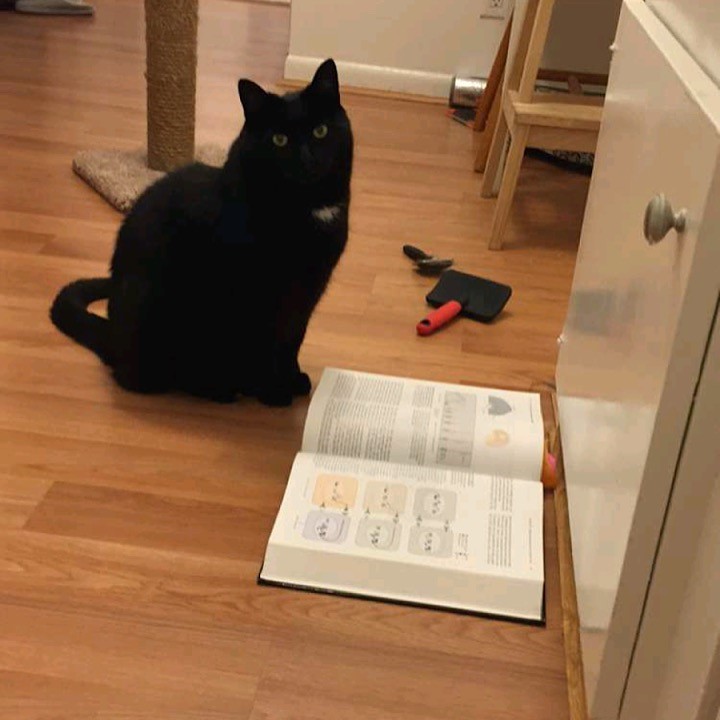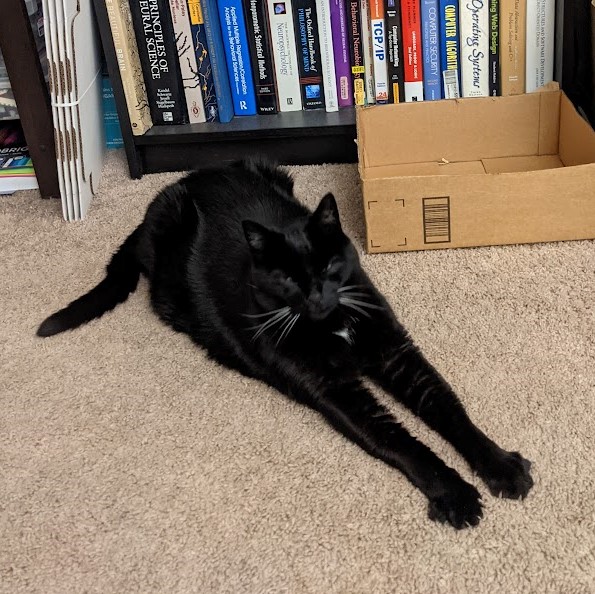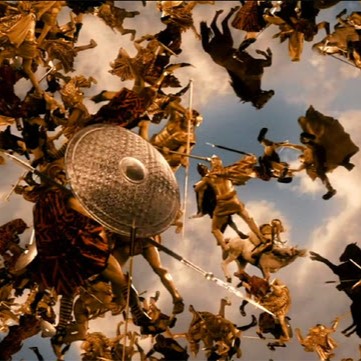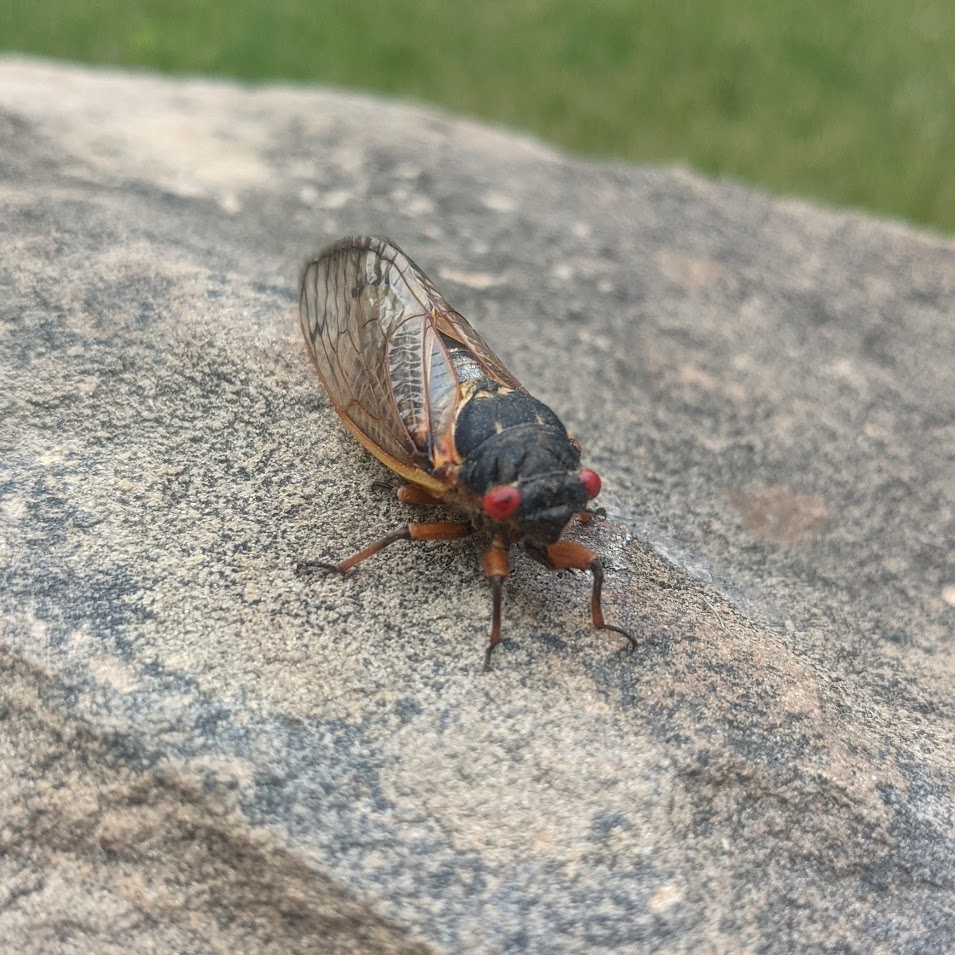Hello
Welcome to my web site!

My Professional Background
I am an Assistant Professor in the Program in Neuroscience at Bates College. My lab investigates how people learn and maintain motor skills. I completed my postdoctoral training in the Intelligent Performance and Adaptation Laboratory at Princeton University, and I earned my PhD in the BlinkLab at Baylor College of Medicine.
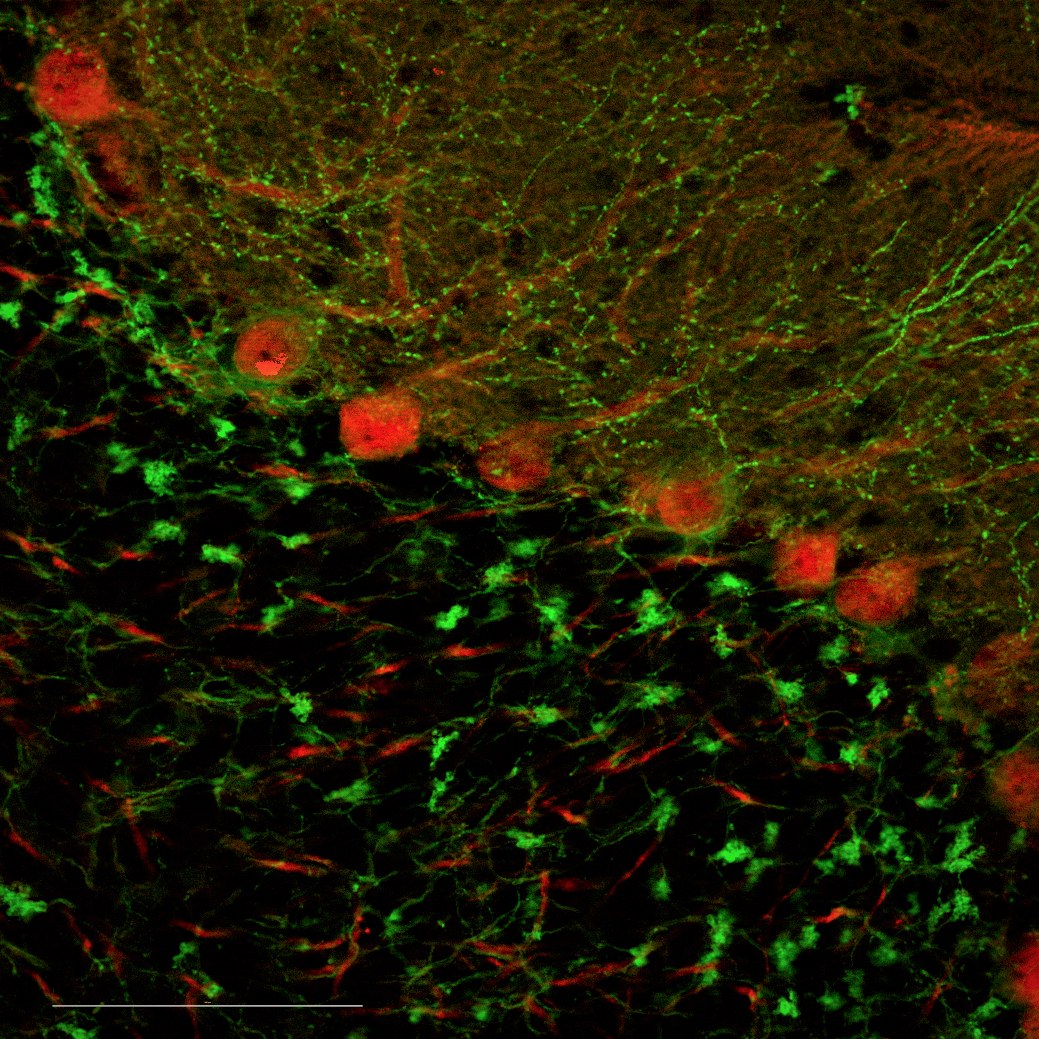
What Do I Study?
I am interested in the neurocognitive bases for movement. Our brains are exquisitely tuned to our bodies, and we are able to do things like write our names because our brains have learned how to connect these goals to the muscles needed to achieve them. Writing may feel simple, but it would sure take me a long time to figure out what joint movements need to happen for me to scrawl "Olivia" on a piece of paper! How does the brain do these computations on the fly? And how can the brain account for the changes that our bodies go through (injury, growth, aging, etc.) so that we can keep on moving?
